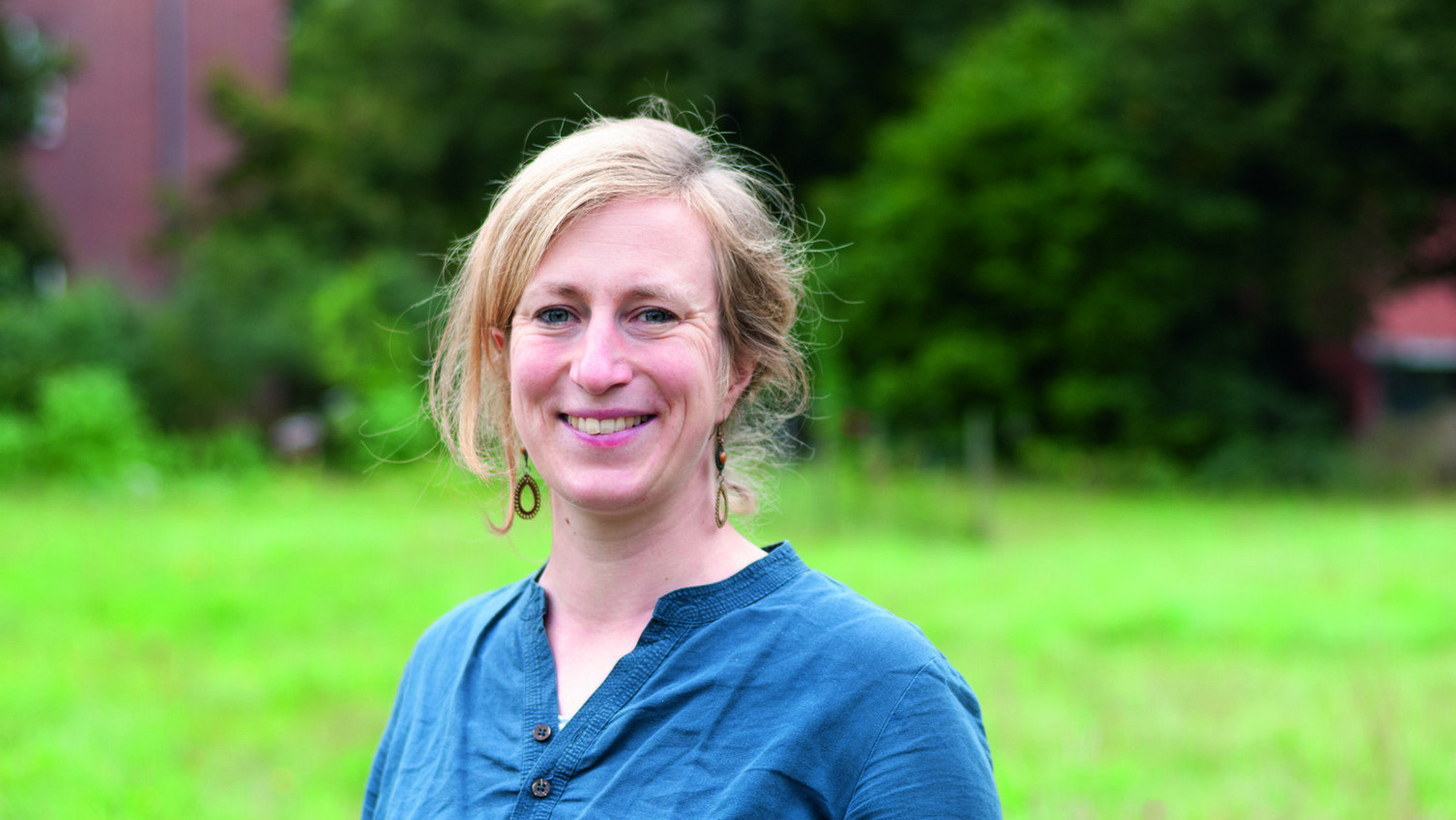Psychology and sustainability: Smart adaptation
2023-01-09 Cities and municipalities must adapt rapidly to the advancing climate change. In the large-scale European research project Impetus4Change, Prof. Dr. Astrid Kause is investigating what information planners need so that the inhabitants of European cities are prepared for extreme events such as storms, floods or heat waves.
Until the flooding of the Ahr valley, a disaster of this magnitude in Germany seemed impossible to many. The disaster brought climate protection into focus for cities and municipalities. "Climate change has now progressed to the point where we need to talk not only about the 1.5 degree target, but also about how to adapt quickly to the consequences of climate change," explains Astrid Kause. She is part of the Europe-wide research project "Improving near-term climate predictions for societal transformation (Impetus4Change)". "Previous climate predictions refer to long periods of time. Our climate scientists are working on short-term forecasts that cover ten years or even just one season." In Impetus4Change, scientists then combine these scientific findings with social science research on how planners understand such predictions, how knowledge about short-term climate change spreads in their social networks, and exactly what information they need to adapt effectively.
Today, planners already have access to climate data, for example in the EU's Copernicus database. "Climate projections often refer to long periods of time or can only be understood by experts. This is problematic because the data is needed for upcoming political decisions," says Astrid Kause. The researcher wants to understand how local or regional actors get hold of such data and what content they are particularly interested in: "Let's say a municipality is building a new industrial estate. If the planners know that it is likely to rain a lot on this site in the next five years, they can design the sewage system differently to avoid flooding. We want to help communities become more resilient to the impacts of climate change by making forecasting accessible."
The overarching objective of I4C is to improve the quality, accessibility and usability of near-term climate information and services at local to regional scales – where impacts are most keenly felt and on-the-ground adaptation is implemented – to strengthen and support enduser adaptation planning and action.
Impetus4Change
Impetus4Change is funded by EU Horizon with almost 10 million euros. Approximately 213,000 euros of this will go to Astrid Kause's research group at Leuphana. The joint project is made up of more than 20 European universities (e.g. University of Leeds) and research institutions (e.g. Helmholtz Centre Hereon).
Personal Data
Prof. Dr. Astrid Kause completed her doctorate at the Max Planck Institute for Human Development in Berlin and the University of Konstanz at the end of 2016 on uncertainty and behaviour in the context of climate. From 2017, she was a Research Fellow at the University of Leeds at the Centre for Decision Sciences, the Sustainability Research Institute and the Priestley International Centre for Climate. Since September 2021, Astrid Kause has been Junior Professor for Sustainability Science and Psychology at Leuphana University of Lüneburg. Her most recent publications include the study "Communications about uncertainty in scientific climate-related findings: a qualitative systematic review" in the international journal Environmental Research Letters, together with other researchers from Leeds and the Met Office UK.

